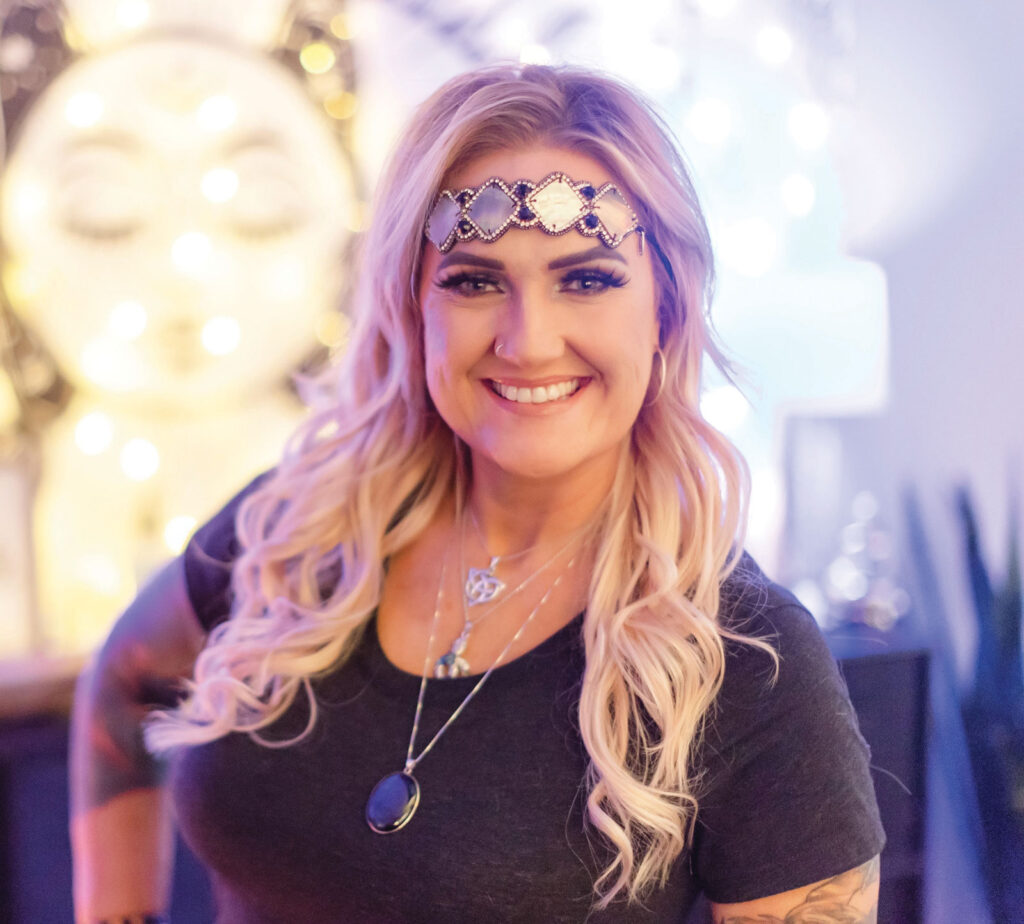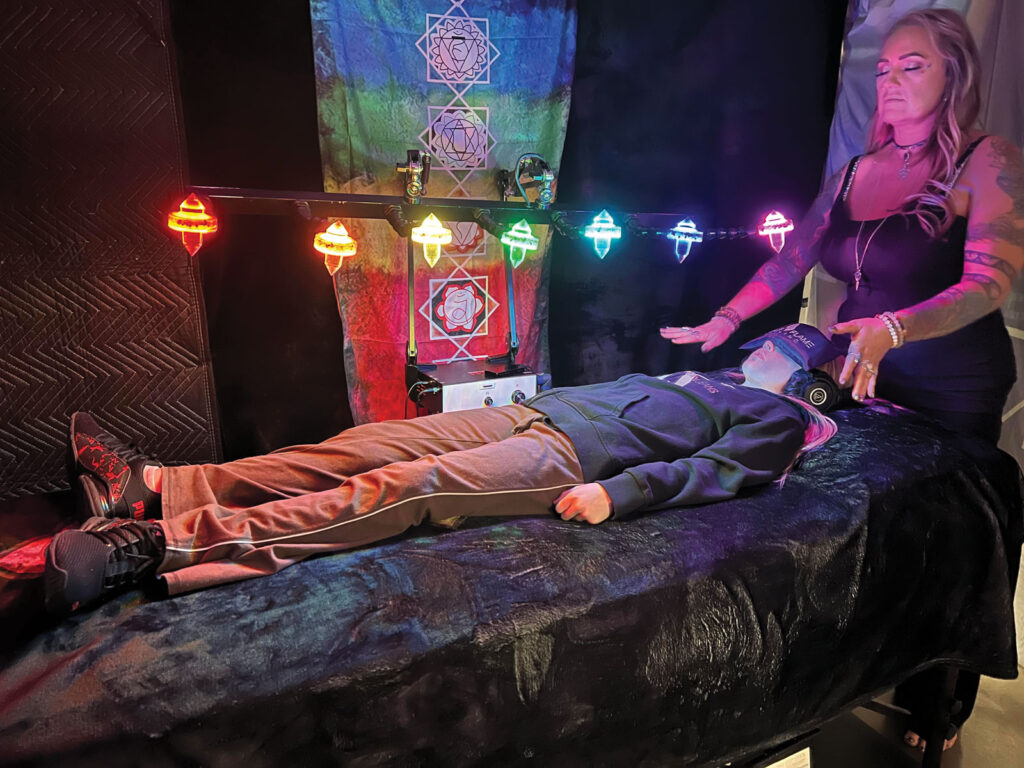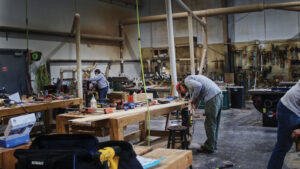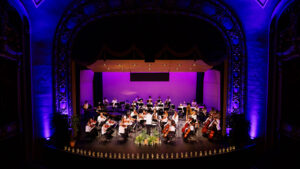Centuries of research and development have gone into traditional medicine. Now holistic medicine in on the rise.
Despite other tried and true methods of healthcare, some people look for out-of-the-box ideas to treat themselves.
Holistic medicine boils down to taking a “whole body” approach to health and medicine and often deals with more natural and self-reliant methods of health.
The Pacific College of Health and Science explains that “the human body has a wonderful capacity to heal itself, yet many people deprive their bodies of that ability by solely focusing on traditional medicine for most ailments.” The definition adds that holistic medicine takes a whole-person approach to medical care and wellness. As more and more people want to feel better without reliance on drugs, this is an area growing in demand.
A history of the holistic approach
Although the popularity and knowledge of holistic medicine has grown rapidly over the past few years, it has been a growing practice for decades now. Or even centuries. Holistic medicine can be traced back to the 6th century B.C.E. India, where a holistic approach called Ayurveda was practiced.
Holistic medicine even has connections to the father of modern medicine himself, Hippocrates, who encouraged the self-healing of the body.
Traditional medicine developed immensely, however, according to the Pacific College of Health and Science, when in the 1960’s more and more people began to move away from traditional drugs and practices and pushed for a more natural approach.
This public support and motivation led to the 1975 National Conference on Holistic Health in California. Three years later the American Holistic Medical Association was formed.
Holistic medicine today
Holistic medicine’s popularity has remained stagnant since the 1960s; however, popularity surges now more than ever. After facing a life-changing pandemic, people are searching for more well-rounded, self-reliant, natural approaches to their health.
Similar to traditional medicine, there are numerous differences in holistic medicine practices, some more well-known than others: acupuncture, aromatherapy, chiropractic care, naturopathy, massage therapy, herbal medicines, homeopathic remedies, mental health counseling, osteopathy, yoga, and more.
Holistic medicine often encompasses a lot more methods than traditional medicine because of the “whole body” approach. Holistic medicine involves taking a look at more than just the physical or surface-level issues—attempting to dive deeper into your life habits, mental health, spiritual health, and more to best solve a health issue. One holistic approach could deal with your energy and your mindfulness while the next could deal with your back pain through massage therapy. The methods are endless.
One holistic therapist specializes in both of those methods in Columbia. Angie Butts is the owner of Triple Flame Healing LLC (upper level of Woodstock Building, 2600 Forum Blvd b2) and specializes in energy work and massage therapy.

“My abilities consist of being able to ‘feel’ energies and frequencies. When I am doing an energy scan of my client, I will feel different frequencies and energies which tell me what chakras and/or areas of the body need to be addressed,” Angie says. “Overall, I provide a safe place for my clients to pause and go within so they may access their core self. When we can pause, take a breath, meditate, it calms the active mind and allows our soul to speak.”
Angie started her holistic medicine journey in 2016, quickly becoming interested in “how our bodies can heal themselves through holistic therapies.” Through her research and training, Angie said “my own body began to heal itself from years and years of trauma,” which she now works to accomplish with her clients.
One Triple Flame Healing client attests to Angie’s approach: “My physical symptoms have diminished and they’re almost gone; my energy chakras are mostly open and I feel as if I’m becoming more in tune with my spiritual side. I have a very positive outlook and where I’m at in my life, and little mishaps no longer bother me, like they were in the past. I feel more peaceful and content with myself.”
The pros and cons
When it comes to traditional or holistic medicine, there isn’t a definite answer. It all depends on what you want to get out of your healthcare and what you see as valuable or influential when it comes to taking care of yourself.
The pros of holistic medicine
Here are some benefits of a holistic approach according to Everyday Health;
• The “whole body” approach: Holistic practitioners address not just the physical, but emotional and spiritual aspects of health.
• Personal attention: Visiting a traditional doctor’s office can often feel very impersonal and rushed. However, when often dealing with emotional and spiritual aspects of health there is a lot more personal, one-on-one attention.
• Focus on prevention: Traditional practitioners often get involved once a disease has begun affecting a patient. However, holistic medicine often deals with treatments that prevent disease before it occurs.
The cons of holistic medicine
One of the public’s main hesitations about holistic medicine is the lack of research. Years of scientific research have led to today’s traditional medicine; not the same can be said of holistic medicine. This leads people to question whether holistic approaches are safe or natural — or if they work at all. However, as more and more people become interested in a natural lifestyle there is a push for more research on holistic and alternative medicine.
According to a report in Research and Markets, “The global complementary and alternative medicine market reached a value of $100 billion in 2021. Looking forward, the market is projected to reach $315.5 billion by 2027.” That means that popularity in complementary and alternative medicine (CAM) will only continue to grow “as it provides comfort and reduces the stress of patients.”










